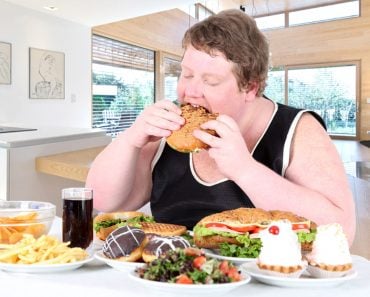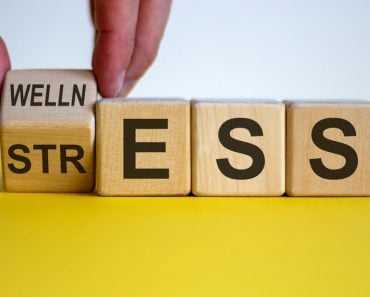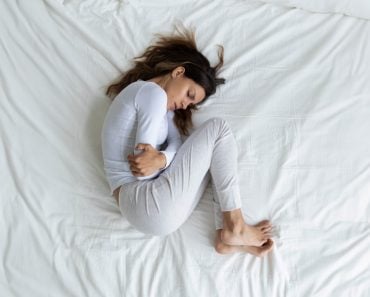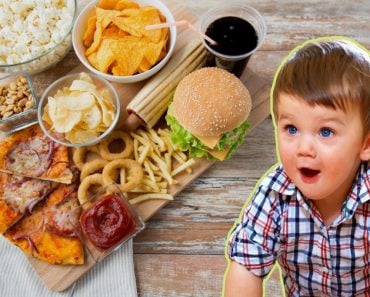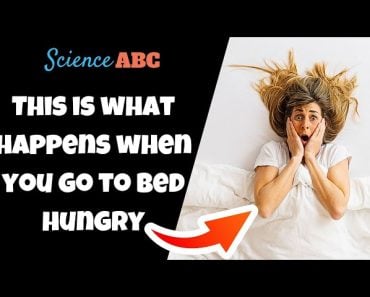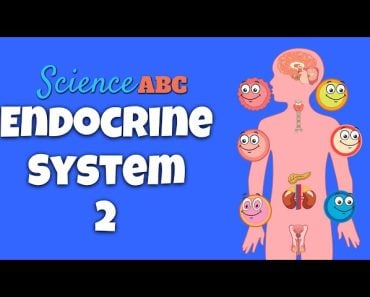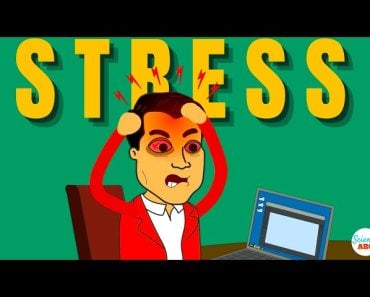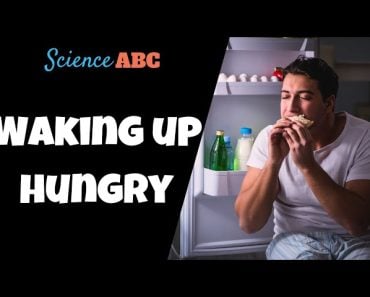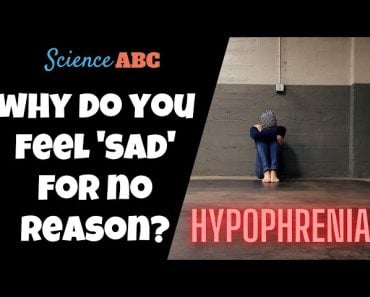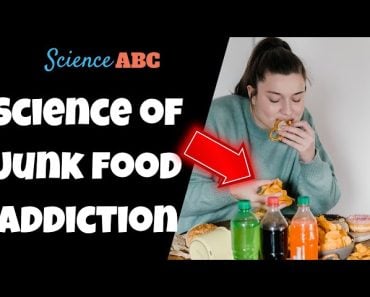The link between depression and appetite is complex, and the differences in response indicate different symptoms and subtypes of depression. In some cases of depression, the effect of heightened cortisol can reduce appetite, while in other instances, hormones and metabolic factors might trigger more intense cravings.
Depression can induce a variety of symptoms that impact day-to-day functioning. It can make you feel tired, mess with your digestion, and cause changes in your appetite. While some individuals facing depression may experience a decrease in appetite, others may encounter an increase.
How does the same underlying cause generate two opposite behaviors?
Recommended Video for you:
The Relationship Between Depression And Appetite
Major depressive disorder (MDD), also known as clinical depression, is a mental health condition characterized by a persistent feeling of sadness. Its causes are complex, involving biological, genetic, environmental, and psychological factors. Severe stress is considered a significant contributor to depressive disorders, as it can disturb neuroendocrine responses and brain function, leading to a range of behavioral and physical symptoms. Among these symptoms, appetite is profoundly influenced by depression.
Nearly half of the patients suffering from MDD report a decrease in appetite, whereas one-third report an appetite increase. In certain individuals, a depressive mood may result in a loss of interest or energy to cook a meal, while in others, it can lead to episodes of binge eating, often involving high-sugar and fatty foods.
The relationship between depression and appetite is obviously dynamic and the existence of such diverse appetite responses toward depression suggests that the condition may have subtypes. Some studies suggest that while short-term stress can make you want to eat less, persistent stress may trigger cravings, causing you to indulge in frequent snacking as a coping mechanism.
Therefore, it’s safe to say that appetite changes due to depression are unique to every individual. These changes can serve as important indicators of the underlying pathophysiologies for different subtypes of depression.
Let’s explore the various factors that accompany an increase or decrease in appetite among individuals with depression to grasp the root cause behind these fluctuations.
The Loss Of Hunger May Result From Increased Cortisol Levels
Normally, depression is linked with a reduced desire to eat. This state can arise from or contribute to neurochemical imbalances, including changes in neurotransmitter levels of serotonin and dopamine, both of which play roles in mood regulation and appetite control.
Clinicians and researchers have also noted that depression is coupled with increased cortisol levels. A study conducted in 2018 found that depressed patients with reduced appetite had elevated nighttime salivary cortisol levels compared to those experiencing increased appetite.

This observation can be puzzling, as elevated cortisol levels from stress are typically associated with heightened cravings and hunger. However, the study offered insight into how cortisol might actually diminish hunger in depressed patients.
The researchers used neuroimaging to check for the neural responses in the brains of depressed patients toward food cues. They found that patients with increased appetite showed exaggerated responses in a region of the brain called the ventral striatum. This region is an important part of the brain’s reward system and plays an important role in experiencing pleasure, as well as imparting motivation towards food cues. In depressed patients with reduced appetite, the reward motivation in the striatum is influenced by elevated cortisol levels through a glucocorticoid receptor, resulting in a decrease in appetite.
This decrease is accompanied by hypoactivation of the mid-insula region in the brain, which is a part of the cortex that is the first to receive signals about the body’s visceral, metabolic, and immune status.
Increased Appetite Is Linked To Immune Dysfunction
Depression is often associated with changes in immune system function. Research has shown that levels of specific cytokines, molecules released during immune responses, and other markers of inflammation like C-reactive protein (CRP) are higher in depressed individuals with increased appetite when compared to those with decreased appetite.
Moreover, insulin levels are also higher in the increased appetite group, indicating a likelihood of insulin resistance. Insulin resistance disrupts the body’s ability to use glucose effectively, leaving cells perpetually hungry. The body perceives this signal as a lack of energy, thus leading to intense cravings.
The Complicated Dynamics Between Metabolism And Depression
In addition to immune dysfunction, depression is also intricately linked with metabolic irregularities, where processes deviate from their typical functioning.
For instance, the levels of a hormone called leptin are elevated in depressed individuals who face increased hunger. Leptin is released from the adipose tissue, the storehouse of fat in the body, and signals the brain about the body’s energy reserves. Once inside the brain, leptin acts as an appetite suppressant and a mood regulator.

Higher levels of leptin, accompanied by increased hunger, may indicate reduced leptin sensitivity in the neurons. Effectively, the signaling from adipose tissue to the brain to suppress appetite becomes impaired in people facing depression.
Other hormones also complicate the relationship between metabolism and depression. One such hormone is ghrelin, produced by cells in the upper part of the stomach. Ghrelin binds to receptors in various organ systems, including the hypothalamus, where it stimulates appetite.
Research shows that depressed individuals with heightened appetite have lower levels of ghrelin, which seems counterintuitive. However, this apparent paradox suggests that the connection between metabolism and depression is complex and still not fully understood.
The lack of conclusive studies addressing the question of lower ghrelin levels in patients with increased appetite, among many others, has led to gaps in our understanding of the pathophysiologies of depression and its relationship with affected behaviors. Further investigation into the connections between metabolism, immune function, and depression holds promise for uncovering insights that could improve personal management of the condition. It will also help healthcare professionals and psychologists to take advantage of the available scientific information around depression to devise solutions. Such a comprehensive understanding can help in successfully managing appetite-related changes that may have an impact on an individual’s quality of life and contribute to their emotional burden.
References (click to expand)
- Major Depressive Disorder - StatPearls.
- Simmons, W. K., Burrows, K., Avery, J. A., Kerr, K. L., Taylor, A., Bodurka, J., … Drevets, W. C. (2018, June 13). Appetite changes reveal depression subgroups with distinct endocrine, metabolic, and immune states. Molecular Psychiatry. Springer Science and Business Media LLC.
- Stress and Eating Behaviors - PMC - NCBI.
- Simmons, W. K., Burrows, K., Avery, J. A., Kerr, K. L., Bodurka, J., Savage, C. R., & Drevets, W. C. (2016, April). Depression-Related Increases and Decreases in Appetite: Dissociable Patterns of Aberrant Activity in Reward and Interoceptive Neurocircuitry. American Journal of Psychiatry. American Psychiatric Association Publishing.
- Privitera, G. J., Misenheimer, M. L., & Doraiswamy, P. M. (2013). From weight loss to weight gain: appetite changes in major depressive disorder as a mirror into brain-environment interactions. Frontiers in psychology, 4, 71975.


